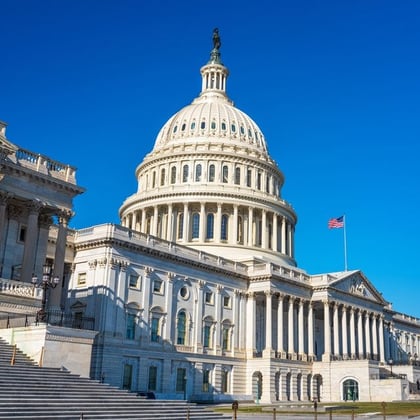What You Need to Know
- House members are forming a bipartisan group to push for a repeal of the $10,000 cap on state and local tax deductions.
- Several members of Congress have said they won’t vote for Biden's use of the tax code to fund his spending plans unless the current limit on SALT write-offs is repealed.
- The issue is particularly thorny for Democrats, since raising or repealing the SALT cap would largely favor affluent and wealthy residents but not lower-income households.
Democratic and Republican House members are forming a bipartisan group to push for a repeal of the $10,000 cap on state and local tax deductions, demonstrating a broadening campaign to restore a valuable tax break.
“We are trying to build a diverse group of people,” said Representative Tom Suozzi, a New York Democrat who is co-chair of the new Bipartisan SALT caucus. “SALT really affects a lot of different places in this country.”
The group, with 21 Democrats and nine Republicans as founding members, gives lawmakers an official platform to push for an expansion of the SALT deduction, co-chair Josh Gottheimer, a New Jersey Democrat, said.
The caucus is forming as the House begins negotiating and drafting President Joe Biden’s planned tax hikes on companies and the wealthy, a $2.25 trillion infrastructure-led-program and a forthcoming social-spending package.
Political Positioning
Several members of Congress, including many of the lawmakers in the new SALT caucus, have said they won’t vote for Biden’s plan to use the tax code to fund his vision unless the legislation also repeals the $10,000 limit on SALT write-offs.
The cap was put into place in President Donald Trump’s 2017 tax law and has been a point of criticism for many lawmakers representing high-tax areas since then.
There are more than enough Democrats who have said they would vote against any bill that doesn’t include SALT reform to stall the legislation in the House.









 April 15, 2021 at 02:53 PM
April 15, 2021 at 02:53 PM











